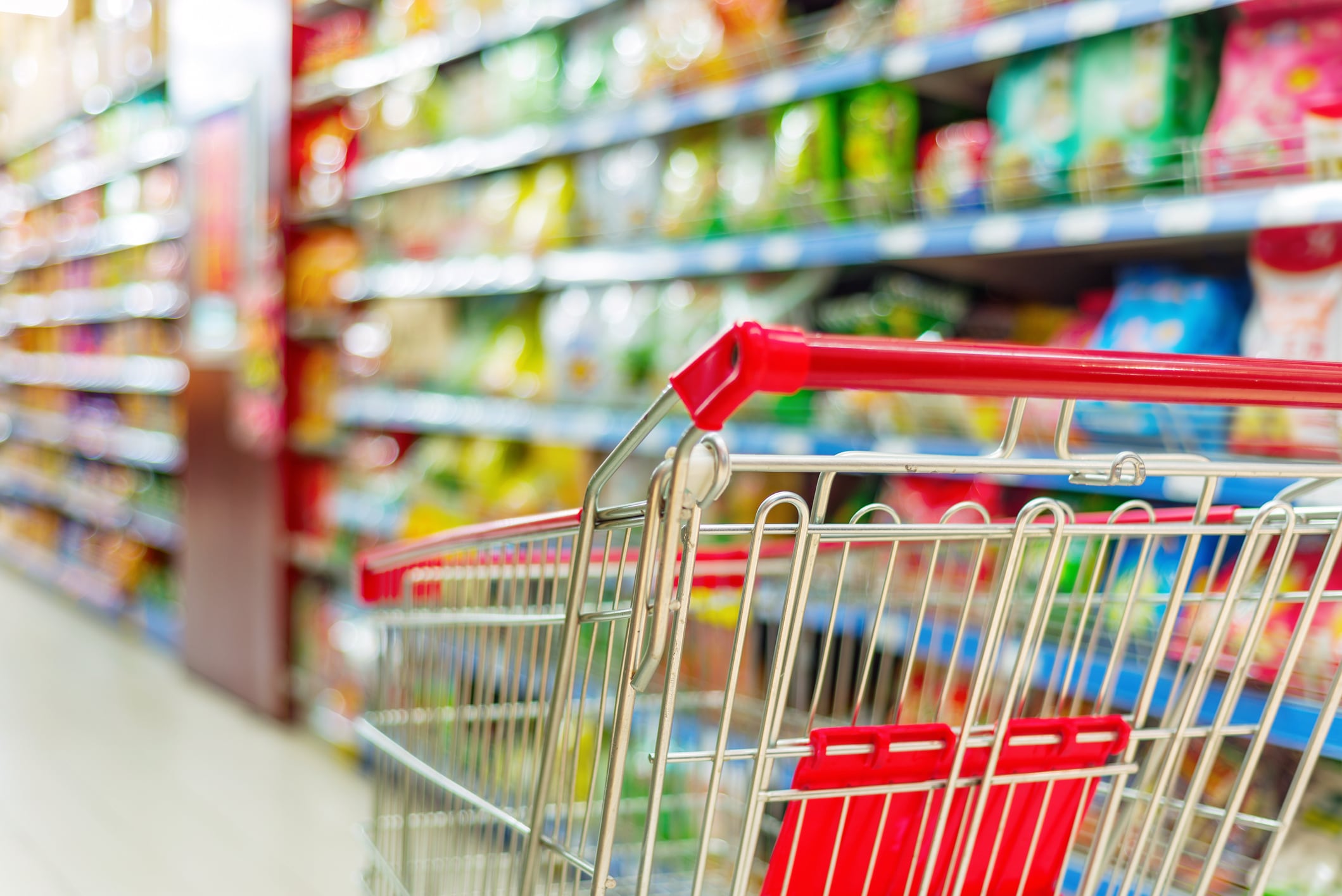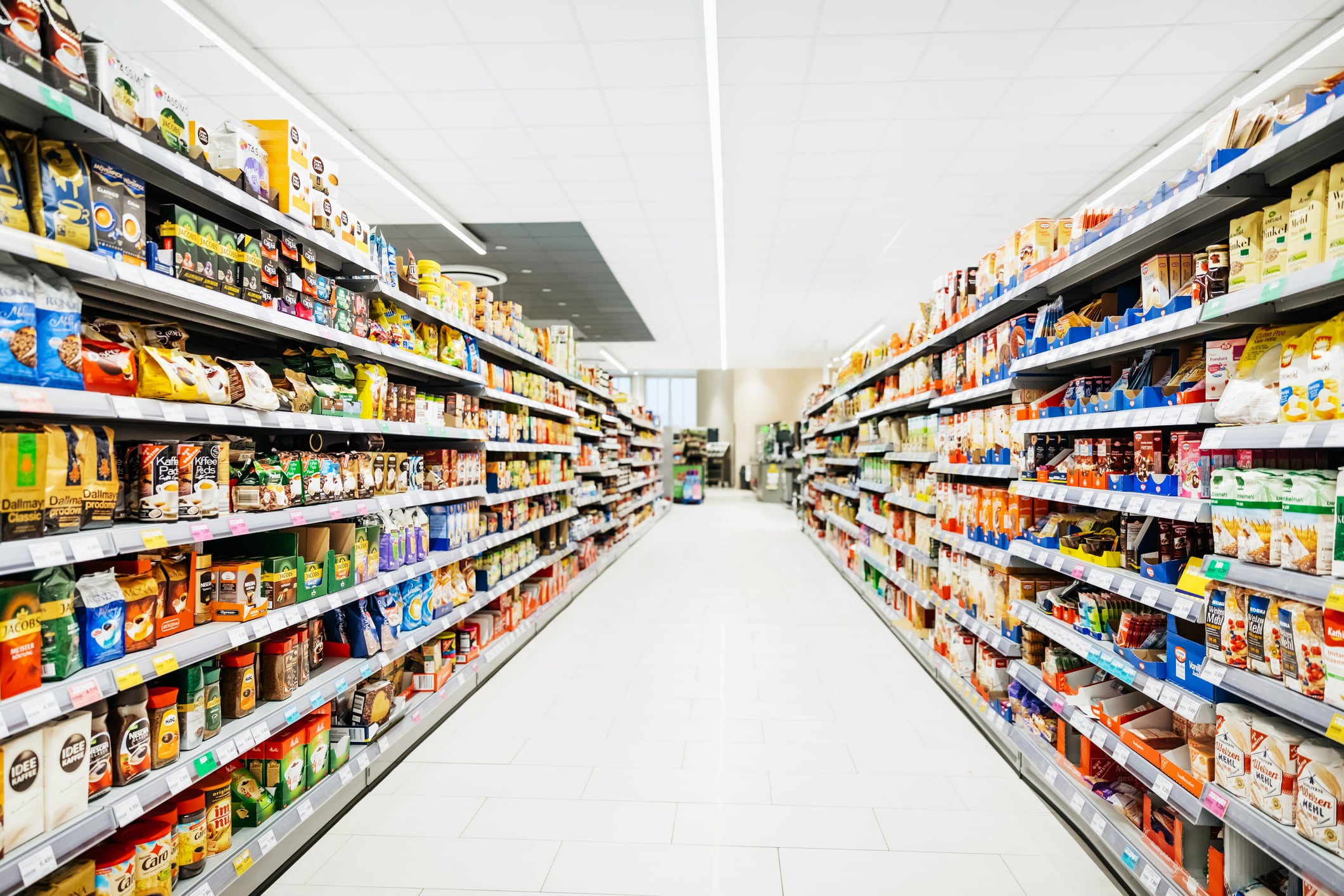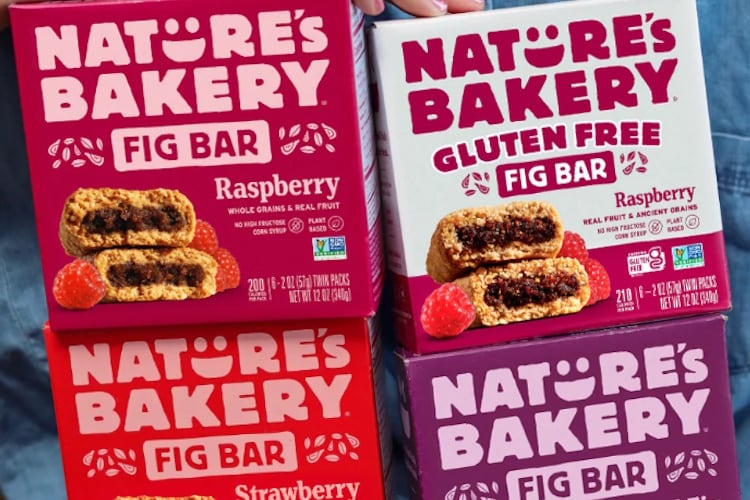Key takeaways:
- The European Commission is expected to approve Mars’ $36 billion takeover of Pringles-maker Kellanova without conditions, despite earlier concerns over retailer power.
- Retailers across Europe are strengthening buying alliances to counterbalance Mars’ expanded portfolio and maintain control over pricing and shelf space.
- Even if Brussels clears the deal, supermarkets – not regulators – will ultimately decide how much influence Mars gains in Europe’s snack aisles.
The European Commission is reportedly leaning toward granting unconditional approval for Mars’ $36 billion acquisition of Kellanova, despite earlier warnings that it could inflate prices and strengthen Mars’ hand with supermarket chains. After months of analysis, sources told Reuters that officials have found too little legal evidence to demand concessions – clearing the path for one of the largest food mergers of the decade to close before year-end.
On paper, that looks like victory. Mars gets its deal; Kellanova’s shareholders get their payout. But in practice, this decision may simply transfer the real power to those who were wary all along: Europe’s retailers.
Because this wasn’t a case driven by rival manufacturers. It was supermarkets – Carrefour, Tesco and other major European grocers – that urged Brussels to investigate, arguing that a combined Mars-Kellanova could tilt bargaining power too far toward the supplier.
And if the Commission now steps back, those retailers might not follow suit – they could just take the fight to the shelf.
Retailers strike back

Retailers don’t need court rulings to reassert control. They’ve got planograms (the shelf layouts that dictate what shoppers see), private labels and pricing leverage.
Europe’s major buying alliances have already been reshaping to strengthen their negotiating power. Kaufland joined AgeCore (E.Leclerc, Colruyt, Coop Switzerland) earlier this year, while Carrefour and Système U have launched a new coalition, Concordis, to pool volumes. Even as alliances such as Epic Partners lose members, others are expanding or reorganizing. Retailers are quietly preparing for a tougher era of supplier consolidation.
For Pringles’ owner Kellanova, long admired for its agile partnerships with retailers, that’s an uncomfortable prospect. The company’s success in Europe has relied on flexibility: tailoring pack sizes, flavors and promotions for local markets. Under Mars, those decisions will flow through global systems designed for confectionery and pet food. The speed that made Pringles a category disruptor could slow to a crawl.
Retailers sense that shift. Their private label investments are rising and their alliances are becoming more assertive. If Brussels won’t impose limits, retailers might.
A clean win that won’t feel clean

When the Commission announces its decision, Mars will celebrate a textbook clearance. But the aftermath could be anything but tidy. The concerns the Commission couldn’t prove – that the merger could amplify Mars’ leverage over supermarkets – will play out in real time.
Retailers could enforce their own version of remedies: limiting promotional tie-ups, demanding deeper discounts and reshaping planograms to blunt supplier dominance. They’ve got both motive and political cover. With food inflation still top of mind, supermarkets are under pressure to show they’re defending consumers, not caving to global suppliers. That makes Mars a prime target for quiet resistance.
Commissioner Teresa Ribera, who warned in June that the deal might lead to price hikes, will now have to defend why those fears vanished. Even if prices hold steady, perception matters – and in Europe’s politicized food landscape, a lenient ruling risks being seen as tone-deaf.
Kellanova’s shrinking world

Kellanova didn’t spin off from Kellogg’s in 2023 to end up inside another multinational by 2025. The separation was meant to unleash a more focused, faster-moving snacks company. That agility will be tested once the ink dries on Mars’ takeover.
Integration will bring scale, capital and global reach, but it’ll also bring bureaucracy. Local market decisions – flavor innovation, pack formats, pricing tweaks – will sit within a broader command chain. The entrepreneurial identity Kellanova fought to build could be swallowed by the weight of Mars’ systems.
And here’s the irony. By clearing this deal, Brussels won’t be calming the market but energizing it. Ferrero’s acquisition of WK Kellogg Co’s cereal business has already shown how easily cross-category consolidation can slip through the net. If a confectionery and pet food giant can now absorb a global snacks house without conditions, who’s next? Nestlé, Unilever, maybe even PepsiCo, will be watching closely. Consolidation, once cautious, now looks like policy by precedent.
For Kellanova’s teams, the real challenge isn’t integration – it’s relevance. The Commission may close its file, but the verdict that matters will be delivered by Carrefour, Tesco, and Aldi. They decide who gets the endcap, who gets the price point and who gets squeezed.
The regulators may clear the deal – but the retailers still control the shelf.
The case that could rewrite food antitrust
If the European Commission clears Mars’ $36 billion acquisition of Kellanova without conditions, it’ll quietly shift the boundaries of EU merger control.
The probe wasn’t about overlapping markets – Mars doesn’t make chips and Kellanova doesn’t make chocolate – but about portfolio power, the risk that controlling multiple must-stock brands can distort retailer negotiations. Proving such theories is notoriously hard: regulators must show not just potential influence but measurable consumer harm.
By stepping back, Brussels effectively concedes that ‘portfolio effects’ are too abstract to sustain enforcement. Future cross-category tie-ups – snacks with beverages, bakery with coffee or dairy with plant-based – will cite Mars-Kellanova as precedent.
It’s a subtle but significant shift. If breadth, not overlap, defines modern food conglomerates, then scale’s just regained its license to grow.



